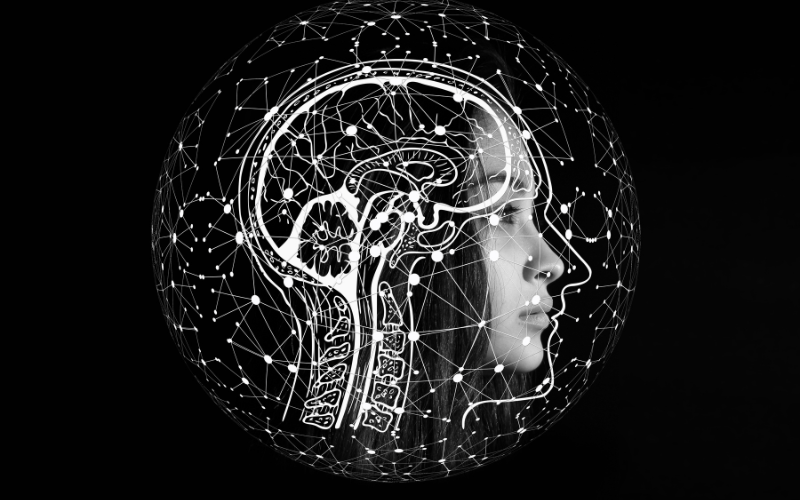A traumatic brain injury refers to an alteration in the brain’s structure and/or function as a result of a violent force on the head. It may be caused by a traumatic vehicular collision, forceful football tackle, or a moving object hitting the head.
A TBI can have varying effects on an individual’s physical, mental, and cognitive abilities. Patients with this condition can experience different kinds of symptoms depending on the nature of the impact. Additionally, the physical and psychological effects will also depend on which area of the brain got damaged or injured.
The brain is made up of several parts. Each area of the brain has the potential to get injured after a violent blow. However, some parts are more vulnerable than others. Learn more about it below.
The frontal lobe is the largest lobe in the human brain that’s located at the front of the head. It is directly behind the forehead, which makes it the most vulnerable region for a traumatic brain injury.
The brain's frontal lobes primarily control voluntary movements, reflexive behaviors, and speech. It is also responsible for maintaining most of the cognitive functions, such as thinking, reasoning, language, concentration, and planning. Additionally, the frontal lobe also handles one’s personality, social skills, and emotional traits.
That’s why frontal lobe damage can have a debilitating impact on one’s cognitive function and social behavior. Some specific symptoms include:
The temporal lobe is the second largest lobe and also the second most vulnerable region in cases of a TBI. It can be found directly behind the temples and the ears. Its main function is to encode memory and process auditory information.
Moreover, the temporal lobe also plays a role in managing memory-related processes, language, emotions, senses, and visual recognition. Therefore, damage to the temporal lobe can result in problems in language comprehension, memory, vision, and sound perception.
The parietal lobe is located behind the frontal lobe and rests at the top rear of the head. It only makes up approximately 19% of the brain, which makes it less exposed to traumatic injuries. However, it is still possible for the parietal lobe to get damaged, causing a variety of symptoms, such as the following:
The occipital lobe sits at the very back end of the head and controls visual perception or the ability to recognize what you see. It plays a vital role in processing visual signals from the eyes, such as decoding how you see textures and shapes, the difference between colors, face recognition, and more.
The occipital lobe is the visual processing hub; that’s why when it gets injured, most symptoms have something to do with visual impairment. This includes the following:
The brain stem or medulla oblongata is a stalk like structure located at the base end of the brain. It is responsible for connecting the whole brain to the spinal cord, making it a crucial part of the brain.
The brainstem ensures and regulates the body's vital functions, such as breathing, consciousness, heart rate, blood pressure, sleeping, and eating. It also acts as a conduit for transmitting signals and information from the body to the brain and vice versa.
Direct damage to the brainstem is rare since it is located at the very base of the brain. However, it can still sustain injuries due to inflammation in other parts of the brain. Some symptoms of brain stem damage include:
Furthermore, severe damage to the brain stem can impair its vital function, thus causing the death of an individual.
The cerebellum, or “little brain,” can be found behind the brain stem and under the occipital lobe. It plays a massive role in controlling and coordinating the body’s muscle movements. It is the part that allows you to walk, jog, drive, or play a sport.
Additionally, the cerebellum also regulates other functions related to movements, such as balance, vision, motor learning, and multiple muscle coordination. Therefore, a traumatic brain injury affecting the cerebellum can cause various physical symptoms, such as the following:

NeuLife Rehab provides one of the best traumatic brain injury rehabilitation services in the state. Our multidisciplinary team of healthcare professionals is expertly trained to provide the physical, medical, and psychological needs of each patient.
Contact us at 800-626-3876 to learn more about our post acute rehab services!
The material contained on this site is for informational purposes only and DOES NOT CONSTITUTE THE PROVIDING OF MEDICAL ADVICE, and is not intended to be a substitute for independent professional medical judgment, advice, diagnosis, or treatment. Always seek the advice of your physician or other qualified healthcare providers with any questions or concerns you may have regarding your health.

We know that choosing the next step in your recovery from a catastrophic illness or injury is complex. Together, we can help you take the next step.
Contact us with any questions today.